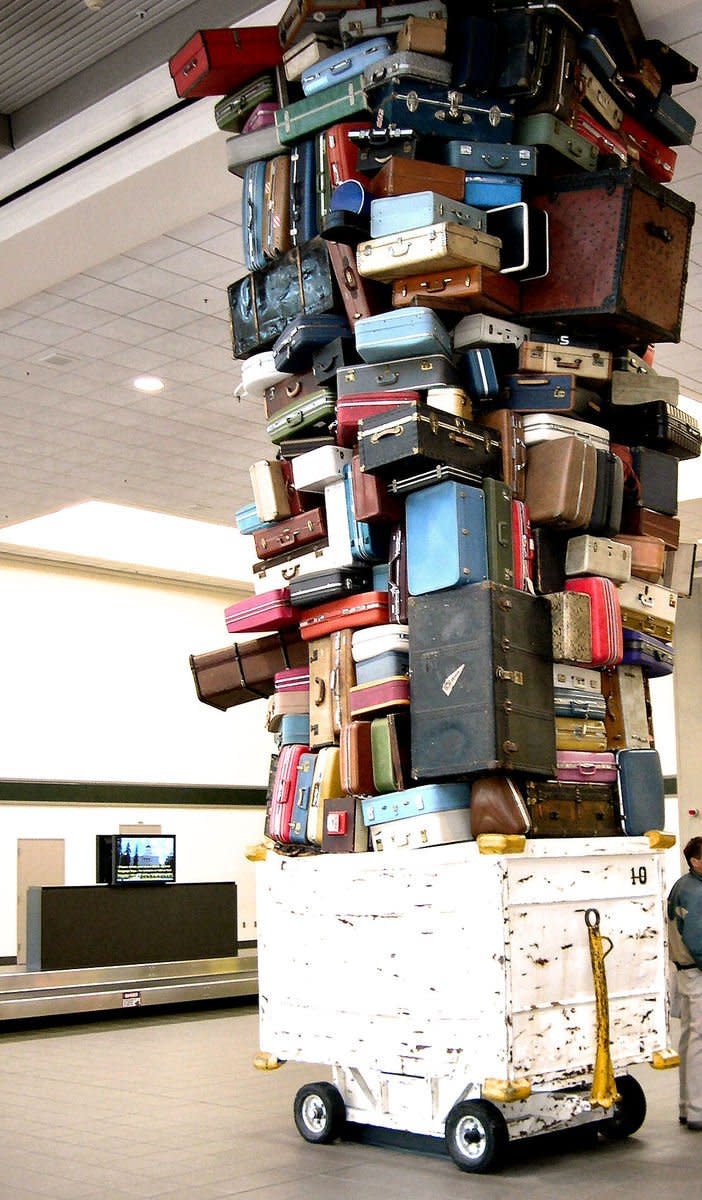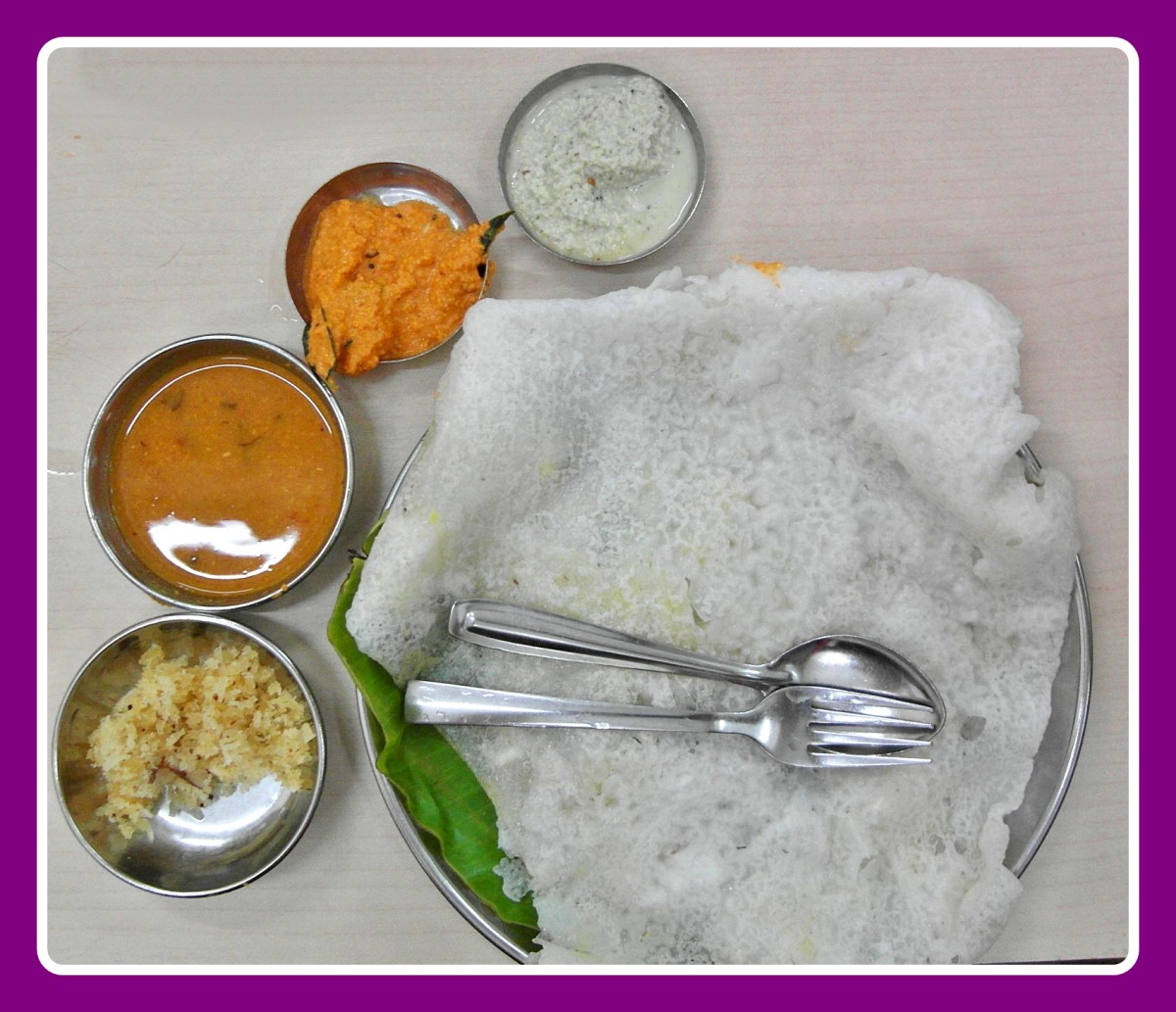Things To Remember When Moving To Another Country
I spent the summer of 1995 in Norway. Even knowing the language and culture, it was an eye-opening experience for me. In some ways, I knew what it would be like living there, but in some ways it blew me away. So, here are my travel tips for Americans visiting or moving to other countries that have similar standards of living to the U.S.

Know the language
It's best to be familiar with at least a few basic phrases of the other country's language(s) before you leave, and bring a good pocket dictionary along. Ideally, take a class in the language from a native-born or other fluent speaker. If you can't, then at least memorize and practice the basics.
- Where is ___________? (bank, post office, train station, bus station, hotel, toilet, American embassy, tourist center, grocery store, gas station)
- What time is it? (and the basics of telling time)
- I'm a foreigner./I speak English.
- How do I get ____________? (learn direction words like right, left, north, south, east, west, to, from)
- How much is ________?
Learn the customs
In the country you're visiting or moving to, do they greet with a handshake, bow, or a kiss? Do they talk softly or loudly? Do you tip at the table or is the gratuity included? Keep these things in mind:
- Tips: included in the bill or extra? Where and when do you tip? (It's usually not the same as in America.)
- Public restrooms: Are the toilets pay-per-use or free? Do you stand on the floor or avoid it? (Usually, you pay for toilets, and in some countries you hang from stirrups.)
- Greetings: Nod, handshake, bow, kiss on the cheek, kiss on the hand? (It often differs between man-woman, man-man, and woman-woman greetings.)
- Polite words: Is it customary to say the equivalents for "please" and "thank you", or do you just nod?
- Driving: Fast or slow? Left or right side of the street? Do pedestrians have the right of way? How about bikes?
- Photographs: Are there places where photography is not permitted? Is it usual to ask people before taking their picture?
- Table manners: When seated as a group, is your drink on the left or the right? Are others not from your group allowed to sit at the same table? Is food served "family-style", individually, or individual but sharing from plates is customary? Do you pay at the table or does the waiter/waitress bring you the bill? How do you flag down the waiter/waitress?
- Visiting others: Is it customary to bring a hostess gift? If so, what is acceptable? Do you call first, or just show up? How long or short is an acceptable visit?
- Grocery store etiquette: Do you tell the clerk what you need, or get it yourself? Does the store supply bags or do you bring a basket or cloth bag? Does the store wrap purchases in paper?
Sanitary products/First aid products/Medicines
I would recommend bringing along a month's supply of anything you use regularly. That way, you know you have enough medicines, hygiene items, and other products to allow yourself time to find refills/replacements. Bring along all prescriptions, and talk to your doctor about medication equivalents (and names) in the other country.
Soap and shampoo will vary from country to country in shape, form (bar, wash, antibacterial, liquid), and functioning (how well it cleans) from what you are used to. Try out a small bottle or bar before buying large amounts, or ask others who have been there recently what they recommend.
Items like condoms, tampons, and sanitary pads vary considerably from country to country. Ask people who have visited recently about what they use, even if you are embarrassed to do so. It will save you being embarrassed and not knowing the words to describe what you need once you get there. Also, see my related hub on choosing feminine products while traveling.
Grocery store products
Not everything you find in an American grocery store is available in other countries. Fruits and vegetables are usually seasonal only. There are local varieties of meats and spices. Peanut butter is a delicacy, and usually not enjoyed by locals. Ziploc bags are nonexistent, as are most plastic products. If these products are staples in your life, send some to yourself before you travel, or have a friend send you what you need when you get there.
Exchange money beforehand
Before leaving, exchange your money. Buy bills and coins of all denominations, and invest in an automatic money converter. There are people who will try to run scams on foreigners. Most people will not try this, but if you shop at local outdoor markets or out in the country, some people will try it, just like they will here. Having a converter helps until you learn the local value of basics.
When exchanging money in another country, ask if you go to the post office or the bank. Some places can do currency conversions at the post office if you have traveler's checks. Carry all your identification with you for conversions, and make sure you have it when you leave the post office or bank. One of my friends left her passport at a post office at one of our bus layovers. Luckily, she had also mailed something, so they got her hotel address and sent her passport back to her.
Know your conversions
Besides money conversions, there are different systems of electrical outlets, liquid and dry measurement, and distance measurement. Find out:
- Distance measures. Miles, kilometers, etc. (A mile in Norway is not an American mile.)
- Liquid measurements. Gallons, liters, etc. Great Britain's liquid measurements are different than America's liquid measurements although the names are the same. Click here for a reference chart.
- Dry measurements. Ounce, gram, cubic centimeter, etc. As with the liquid measurements, Great Britain and America use the same names but different measurements. See the above link for the reference chart.
- Electrical outlets. Electrical outlets in other countries are not compatible with American plugs. Never try to force your appliances (hairdryers, stereos, cell phone chargers, etc.) into outlets. Buy converter systems. Not doing so can cause electric shock, burnt out appliances, and/or fires.
- Video systems. Most of Europe has a different video playback system, called PAL. Video recorders and players will not be able to play VHS or American DVDs. Converter systems are available, but are costly. If you are moving there, bring along a VHS/DVD player with an electrical converter for your movies you can't live without, and buy a PAL player when you get there.
Check your phone/credit cards
Check your mobile phone provider and credit card companies to see if they provide service where you are going. Often, there is an added charge for overseas calls and withdrawals. If moving, change your address before you leave and (if necessary) get a new "local" phone number. When changing phone numbers with your cell phone company, you can often keep a U.S. one and have a local country one as well. This way, you can call using one or the other and not incur large charges for overseas calls.
If you have phone numbers that you use, like calling cards, that include alphabet letters in the phone number, write down the number equivalents before you leave, or copy down the alpha-numeric correspondence. Phones in other countries do not have the American alphabet printed on them.
Introduce yourself
When you get to the other country, introduce yourself to people in service positions. Get to know your local grocery store clerks, bookstore counter people, post office and bank workers, etc. Explain that you just moved from another country, and they usually will have useful advice and direct you to people to talk with. Make connections wherever you go.
Above all, be polite. Manners count, especially when you can't know everything about a place beforehand. A sweet smile, an attempt at the language, and knowing something about where you're going will tell people you are willing to learn.






